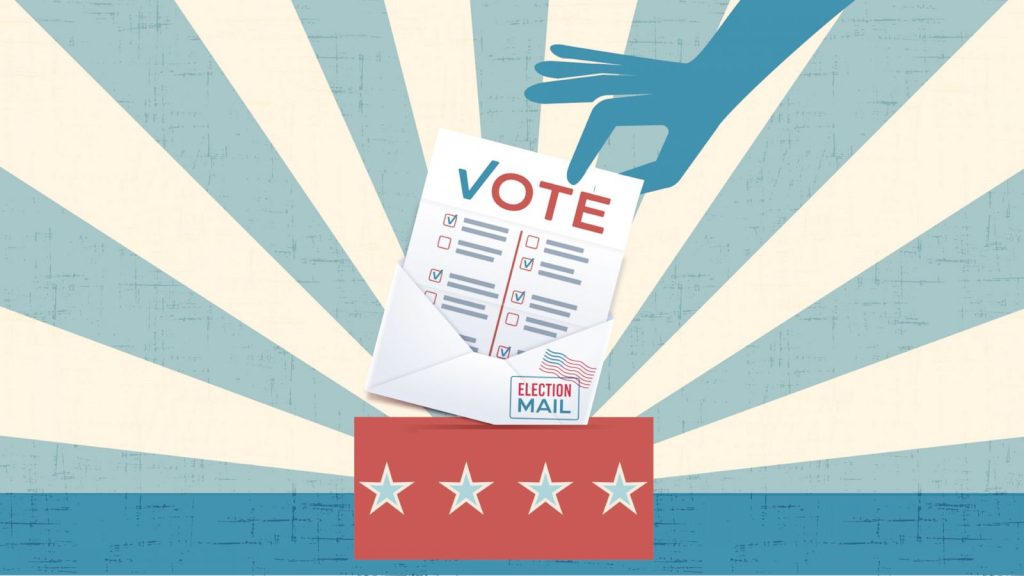Understanding Retrospective Voting: Its Impact on Elections and Political Accountability
Introduction
In the realm of political science, retrospective voting stands out as a significant factor influencing electoral outcomes. This type of voting behavior allows voters to reflect on the performance of incumbents before making a decision in current elections. By examining past actions and their outcomes, voters assess whether those in office have effectively addressed the issues that matter to them. This blog post delves into the concept of retrospective voting, comparing it with prospective voting, and exploring the role of the media and other factors that shape this electoral behavior.
What is Retrospective Voting?
Retrospective voting is a model of electoral behavior where voters base their decisions on the performance of the current government rather than future promises. This approach is grounded in accountability, as voters look back at how well incumbents have managed their responsibilities and whether they have fulfilled their campaign promises.
Key Characteristics of Retrospective Voting:
- Performance-based: Voters assess the success or failure of the incumbent’s policies.
- Past-oriented: The focus is on previous terms rather than future projections.
- Accountability-driven: Encourages politicians to deliver on their promises to secure re-election.
5 Must-Know Facts About Retrospective Voting
- Focus on Significant Events: Voters often concentrate on major events during an incumbent’s term, such as economic performance or how crises were managed, which can heavily influence their perception and vote.
- Incumbent Advantage: If the public perceives the incumbent’s tenure positively, there is a higher likelihood of re-election, demonstrating the incumbent advantage in retrospective voting.
- Media Influence: Media coverage plays a crucial role in shaping public perception of an incumbent’s performance, affecting how voters retrospectively evaluate their effectiveness.
- Accountability and Governance: This voting behavior underscores the importance of accountability, pushing politicians to honor their commitments and improve their performance to meet voter expectations.
- Voter Turnout: When voters feel that their retrospective evaluations of policy outcomes are crucial, they are more motivated to participate in elections, potentially increasing voter turnout.
How Retrospective Voting Influences Voter Decision-Making
Retrospective voting encourages voters to evaluate incumbents based on tangible outcomes. This assessment helps determine if voters’ needs have been met and if the leadership has effectively addressed critical societal issues. Consequently, satisfied voters may lean towards re-electing incumbents, while dissatisfaction might sway them to opt for change, favoring new candidates who promise better governance.
Retrospective vs. Prospective Voting: Implications on Electoral Outcomes
While retrospective voting focuses on past actions, prospective voting is based on the future promises and potential policies of candidates. This distinction can significantly affect electoral stability:
- Retrospective Voting: Leads to more predictable outcomes as incumbents with a positive track record are often favored.
- Prospective Voting: Introduces more variability as voters are attracted by new and potentially appealing proposals, which can shift the status quo and lead to significant changes in leadership.
The Role of Media in Shaping Retrospective Voting
The media’s influence in retrospective voting cannot be overstated. Through its coverage of political events, economic issues, and social matters, the media paints a picture of the incumbent’s performance that reaches a wide audience. This portrayal can either bolster an incumbent’s image by focusing on successes or lead to criticism if failures are highlighted. Moreover, media bias and sensationalism can skew public perceptions, either unduly enhancing or undermining the incumbent’s image, thereby influencing voter decisions at the polls.
Related Concepts in Electoral Behavior
- Prospective Voting: In contrast to retrospective voting, this model focuses on what candidates promise to achieve if elected, reflecting voter expectations and hopes for the future.
- Incumbency Advantage: Refers to the benefits incumbents have during elections, such as greater visibility, more substantial connections, and easier access to campaign resources.
- Accountability: A fundamental expectation in democracies, where elected officials are expected to be answerable for their decisions and actions, directly influencing voter trust and electoral choices.
Conclusion
Retrospective voting plays a pivotal role in democracies by emphasizing accountability and performance-based evaluations of incumbents. By understanding this voting behavior, voters can make more informed decisions, thereby strengthening the democratic process. As political landscapes evolve, the interplay of retrospective and prospective voting will continue to shape electoral outcomes, highlighting the ongoing importance of informed and engaged citizenry in maintaining effective governance.
In examining retrospective voting, we gain a clearer understanding of its power to influence not only electoral outcomes but also the broader political culture, encouraging a more accountable and responsive government. As voters and political enthusiasts, embracing a nuanced understanding of these dynamics is crucial for fostering a more transparent and effective political environment.







